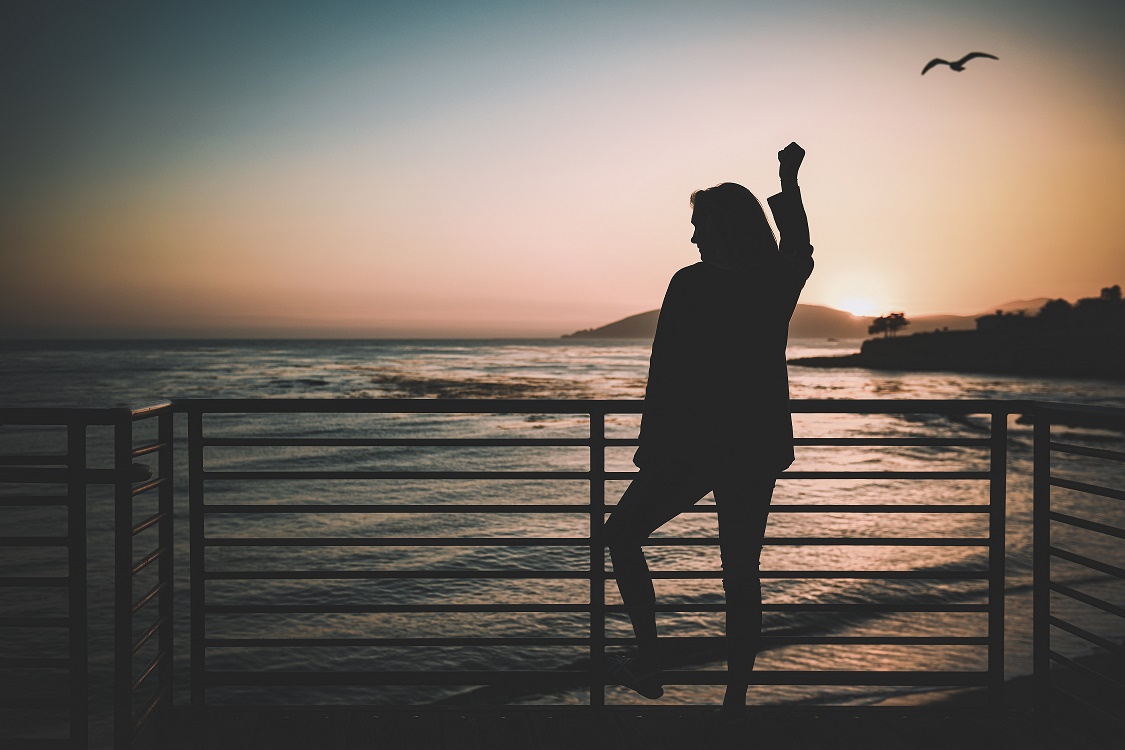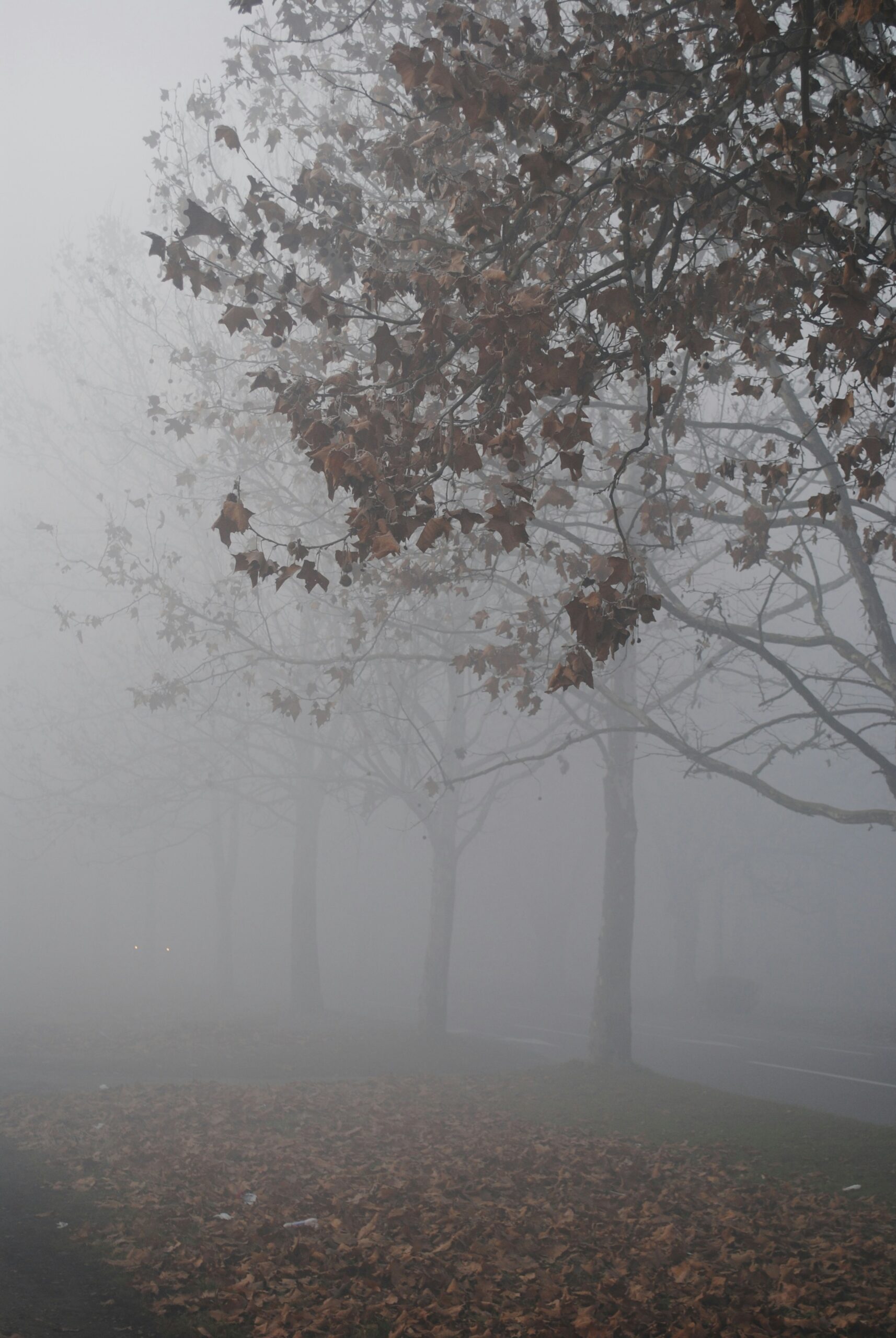It is okay to run. Fear is, after all, a tonic that sets us against visceral borders and pulls us in . . . into ourselves that we may introspect, into the hollow canvas as it echoes refrains from the poetry of the poor and malnourished, into the sullen sensation of the mystic in his ascetic disavowal of the sensual. . . and into fertile vastness where we wrestle the endless poignancy of our own voices demanding to be heard, brimming with a conscience at odds with the conventional neutrality of the coward.
So, to call tyranny by its name is often to run from it, such that in the telling of its sequences and unmasking its many faces, we admit the frailty of the meek, understand the power our provocations possess and recognize the various dangers inherent in tyranny’s proximity to us. Therefore, the frontiers are blurry and safety is not just for those who cross hurdles but also for those who stay within confines, asking politely, pleading and praying for morsels and crumbs.
To express pain, hope, to express anything at all, we must be unencumbered. Our eyes must waddle through the rubble of castoff tongues and take to the mantle of rotting corpses and severed limbs. This is the burden of vision, to see with a clarity vindictive enough to force an emancipation; first of the mind, then of the truth. For vision itself is an aptitude that is suited only for the honest among us.

There is a rawness and a tangibility to this struggle, asserting itself like a shawl over the spirit and engendering a gradual fading away of the substantial, particular (in)carnation we occupy. Essentially, we become apologists in an oppression we neither deserve nor comprehend but in which we are too lost to realize the extent of our performance in the disservice.
We are witnesses to this travesty of unbecoming, a conscious shedding of deep-seated validations that allows us some idea of an identity, of an evolution whose function has, before now, been wholesome, targeted at the strays and the lost in society. Our emergence, from histories and despite them, have allowed us an interrogation and an acceptance of our submerged subjectivities. This is a new and unacceptable resurgence we must agree to dispose.
So, to answer the question of when it all stops is to point out the obvious, when we are no longer afraid. Afraid of the colonizer, that he might rob us of our freedoms; afraid of the dictator that he might execute us; afraid of society that we might be ostracized for our distinctions; afraid of the world even, that she might withhold her bounties from us, her crops that we might starve and her springs that
we might thirst and ultimately, afraid of ourselves. . . of our sanctimonious purpose, carnal intentions and inclination to excess. That we might, without rein, also dictate and colonize the neutral with too much colour.
As such, through prose or verse, we must always cast off our fears and be unencumbered.

Luqman Hussain is a lawyer and poet. He is a graduate of Ahmadu Bello University and is
- Where one goes when home is taken from you? – #Luqman - November 29, 2023
- Poetry has a Human Tongue - March 3, 2021
- Fear is a Tonic – #Luqman - July 16, 2020












Leave a Reply